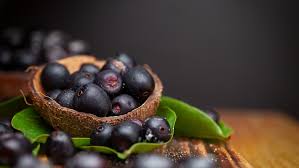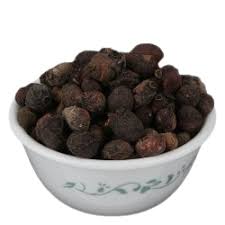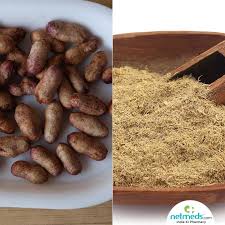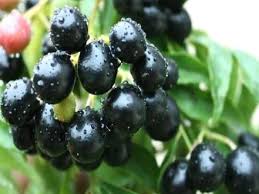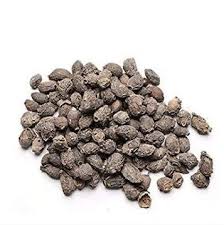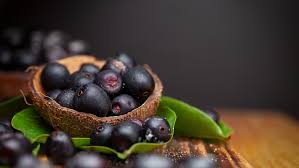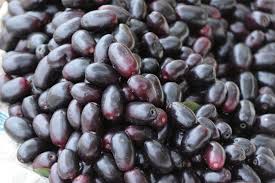Inflammation is a natural response of the body to injury or infection, but chronic inflammation can lead to various health issues, including arthritis, heart disease, and digestive disorders. Ayurveda, the ancient healing system, offers a wealth of natural remedies to reduce inflammation and promote overall health. Through the use of herbs, diet, and lifestyle practices, Ayurveda helps restore balance and supports the body in its healing process.
1. Understanding Inflammation in Ayurveda
In Ayurveda, inflammation is considered an imbalance in the body's doshas (Vata, Pitta, and Kapha). Pitta dosha, responsible for heat and transformation in the body, is primarily associated with inflammatory conditions. Ayurvedic remedies aim to cool and soothe the body, reduce excess heat, and restore harmony.
2. Top Ayurvedic Herbs for Reducing Inflammation
- Turmeric (Curcuma longa): Known for its powerful anti-inflammatory properties, turmeric contains curcumin, which helps reduce swelling, pain, and inflammation. Consuming turmeric with warm milk or water is a common Ayurvedic remedy.
- Ginger (Zingiber officinale): Ginger is widely recognized for its ability to improve digestion and reduce inflammation. It can be used in teas, as a spice in food, or in tinctures to soothe inflamed joints and tissues.
- Ashwagandha (Withania somnifera): An adaptogenic herb, ashwagandha helps balance the body's stress response and reduces chronic inflammation, particularly in autoimmune conditions.
- Boswellia (Boswellia serrata): Also known as Indian frankincense, Boswellia has potent anti-inflammatory properties and is commonly used to treat conditions like arthritis and joint pain.
- Tulsi (Ocimum sanctum): Known as holy basil, tulsi helps reduce the body's internal heat and inflammation. It can be consumed as tea or in powdered form for its anti-inflammatory benefits.
- Neem (Azadirachta indica): Neem has antibacterial, antiviral, and anti-inflammatory properties. It helps detoxify the body and reduce internal inflammation, especially in the liver and digestive system.
3. Ayurvedic Diet for Reducing Inflammation
- Anti-Inflammatory Foods: Focus on foods that are cooling and soothing, such as fresh fruits, vegetables, and leafy greens. Incorporate anti-inflammatory spices like turmeric, cumin, coriander, and fennel into your meals.
- Healthy Fats: Include healthy fats like ghee and coconut oil, which promote healthy digestion and reduce inflammation.
- Avoiding Inflammatory Foods: Minimize the intake of processed foods, excess salt, fried foods, and sugary snacks, which can aggravate inflammation.
- Hydration: Drink plenty of warm water, herbal teas (ginger, tulsi, turmeric), and coconut water to keep your body hydrated and flush out toxins.
4. Lifestyle Practices to Reduce Inflammation
- Yoga: Regular yoga practice, particularly gentle asanas and stretches, helps promote circulation and alleviate joint pain. Poses such as child’s pose, downward dog, and seated twists can help reduce stiffness and inflammation.
- Pranayama (Breathing Exercises): Deep breathing techniques like Anulom Vilom (alternate nostril breathing) help calm the mind and reduce inflammation caused by stress.
- Adequate Sleep: Ensure 7-9 hours of restful sleep to allow the body to heal and reduce stress-related inflammation.
- Stress Management: Chronic stress can exacerbate inflammation, so practices such as meditation, mindfulness, or walking in nature can help calm the nervous system and reduce the effects of stress on the body.
5. Ayurvedic Oil Massages (Abhyanga)
- Regular oil massages using herbs like sesame oil, mustard oil, or turmeric-infused oils help soothe the body, improve circulation, and reduce inflammation, especially in joints and muscles.
- Abhyanga also helps balance the doshas and can be used as a daily practice to improve overall wellness.
6. When to Seek Professional Help
While Ayurvedic remedies are effective for managing mild inflammation, it's important to consult an Ayurvedic practitioner if the inflammation is chronic or severe. A professional can tailor specific herbal combinations and lifestyle recommendations based on your individual dosha and condition.



